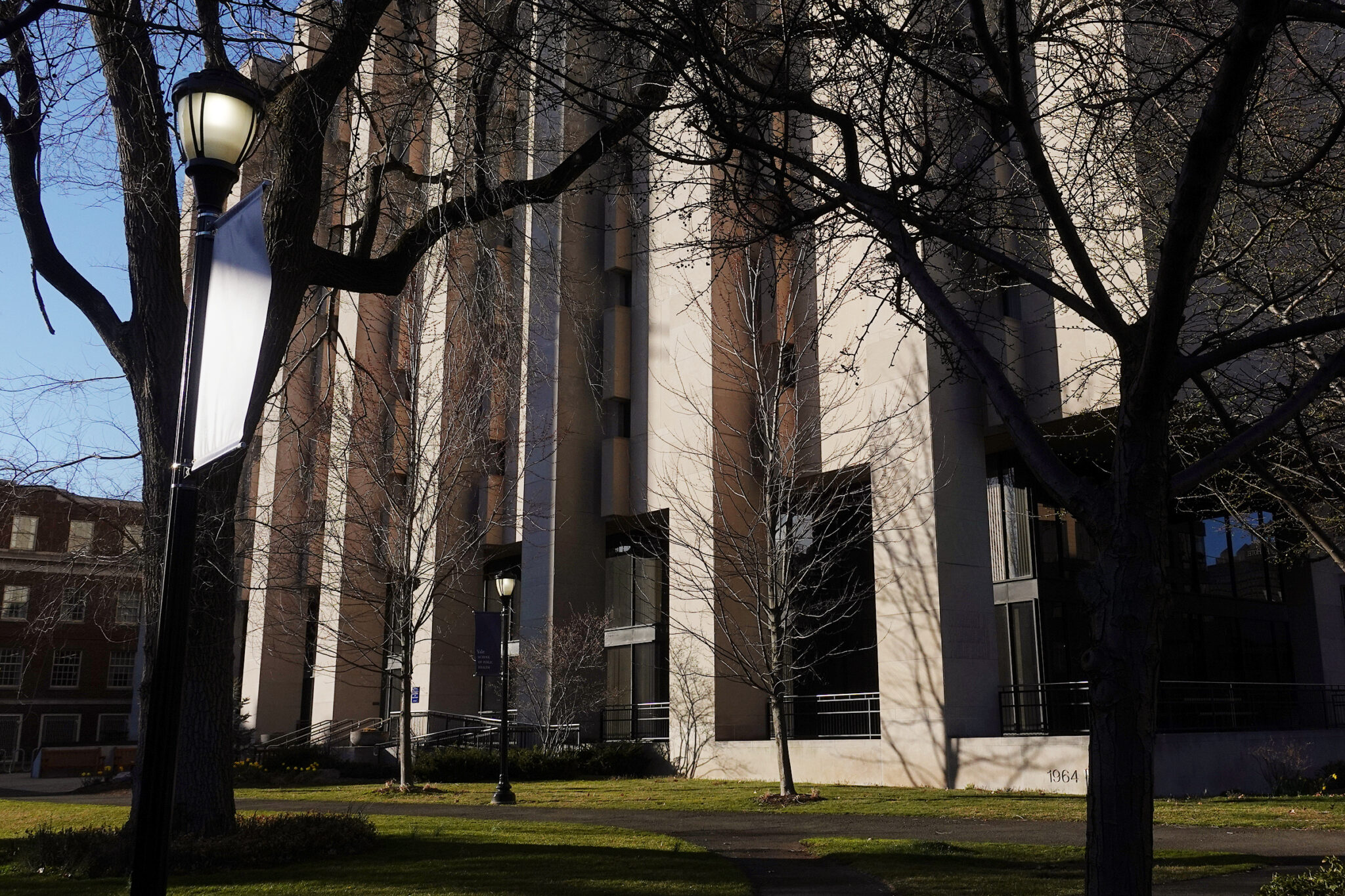Yale School of Public Health partners with Cambodia to establish health economics training program
The MPH-HEF program will help students gain expertise on health economics and financing.

Tim Tai, Senior Photographer
The School of Public Health is helping develop a new track of study in the Masters of Public Health, or MPH, program in Cambodia.
Working in collaboration with the Southeast Asian country’s National Institute of Public Health, or NIPH, three professors from the School of Public Health, alongside professors from Harvard, Hong Kong University and the National University of Singapore, will travel to Cambodia and provide training in health economics and financing to students in their MPH program. The NIPH currently offers an MPH program in Health System Development. With the support of a grant from the Chinese Medical Board, each professor will teach an intensive two-week block once a year.
“Health economics is so important in places like Cambodia where money is scarce and the health needs are so intense,” said Robert Hecht, a professor of epidemiology at the Yale School of Public Health. “Making tough decisions about how to use limited money to help the population comes to the heart of what Cambodia is facing.”
The Health Economics and Financing program, known as the MPH-HEF for short, will offer six courses that allow students to gain expertise in economic analysis and apply these skills to different subfields within public health.
One of these economic concepts is health financing, which comprises a significant portion of the program’s initiative. Health financing classes consider different countries’ capacities to offer universal coverage to those who cannot access healthcare due to high costs. Nationwide health insurance would allow citizens in countries like Cambodia to access a pool of money and acquire necessary health services rather than paying from their own pockets.
Chhea Chhorvann, the director of the Cambodian National Institute of Public Health and Dean at the School of Public Health of NIPH, first reached out to Hecht in 2023 to help develop the program. Hecht then received seed funding from the Macmillan Center to help organize planning and training.
Hecht and faculty from Harvard and Hong Kong then visited government officials, health professionals and faculty at the NIPH to gauge Cambodia’s public health landscape and brainstorm different ways to administer health economics training. Later, in October and November 2023, faculty from Cambodia visited Yale, where they took courses and attended seminars to gain more knowledge on health economics and communications.
“As of now, Cambodia does not have a lot of capacity for teaching and training on health economics and financing, which is why we are collaborating with them to develop a stronger infrastructure of teaching and learning,” said Maria Soccoro Santos SPH ’23, the project coordinator at MPH-HEF.
According to Santos, the program aims to have roughly ten graduate students each year. They hope that graduates will subsequently take jobs in different government bodies, such as national health insurance offices or the Ministry of Health, to craft policy and help make healthcare more affordable for Cambodians.
Chham Savina, a team lead for curriculum development at MPH-HEF, said that the implementation of the program is an important step for the nation to achieve universal healthcare.
“In Cambodia, since the establishment of the new prime minister of Cambodia last August, our goal [has been] to achieve universal healthcare across the nation,” said Savina. “Health economics expertise is very important to implement healthcare systems and expand medical protection for citizens.”
Still, the Yale School of Public Health does not intend to build a long-term permanent presence in Cambodia through its health economics program. Rather, Hecht described the program as a collaborative training initiative that strengthens the nation’s knowledge of healthcare economics and broadens its capacity to build a more affordable healthcare plan.
“We’re not going out there to keep teaching for the next 10-20 years and creating this dependency of the Cambodians on us,” said Hecht. “We hope to give them a boost and hand over this program to them in a few years.”
The School of Public Health was founded in 1915.







